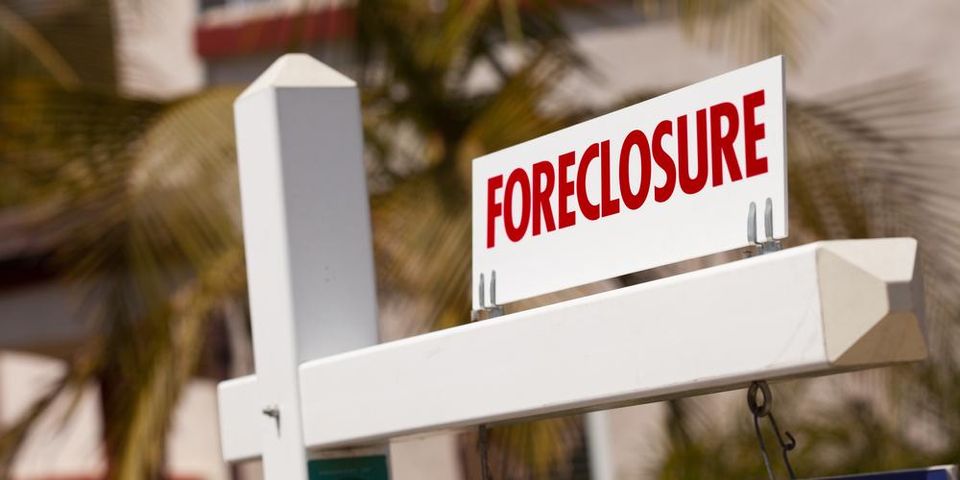
Homeowners who have fallen behind on their mortgage payments often assume that, if they’re unable to pay, the bank will simply foreclose on the property, ending their financial obligation. However, many borrowers are surprised to find that they still owe a deficiency after the lender has foreclosed, leaving them vulnerable to lawsuits and other collections efforts. If your lender is pursuing you for a deficiency, filing for bankruptcy can discharge the remaining debt and relieve you of liability for the mortgage.
What Is a Deficiency?
 When you take out a mortgage, you assume personal liability for the purchase price of the property. While the loan is secured by the house, you’re ultimately responsible for the full amount you initially borrowed. During a foreclosure, the bank seizes the house and sells it in an attempt to collect on the loan. If the house sells for more than you owe, then your obligation ends. If, however, you owe more than the house is worth, the lender has the right to collect the difference from you, either through lawsuits, garnishing wages, or other activities.
When you take out a mortgage, you assume personal liability for the purchase price of the property. While the loan is secured by the house, you’re ultimately responsible for the full amount you initially borrowed. During a foreclosure, the bank seizes the house and sells it in an attempt to collect on the loan. If the house sells for more than you owe, then your obligation ends. If, however, you owe more than the house is worth, the lender has the right to collect the difference from you, either through lawsuits, garnishing wages, or other activities.
How Filing for Bankruptcy Can Help
While the initial mortgage was a secured loan, deficiencies left over after a foreclosure are treated as unsecured debt, eligible for discharge in either a Chapter 7 or Chapter 13 bankruptcy. Filing a bankruptcy petition also triggers an automatic stay, which puts an immediate stop to all collections efforts, including wage garnishments and harassing phone calls.
Filing for bankruptcy is a complex process, but the attorneys at Greene Law, PC in Farmington, CT, will provide objective insight and effective legal counsel. Their team will take an individualized approach to your case and review all of your options so you can finally get the debt relief you need. Visit their website for more on their bankruptcy services, follow their Facebook for more tips and advice, or call (860) 676-1336 to discuss the advantages of filing for bankruptcy today.
About the Business
Have a question? Ask the experts!
Send your question

